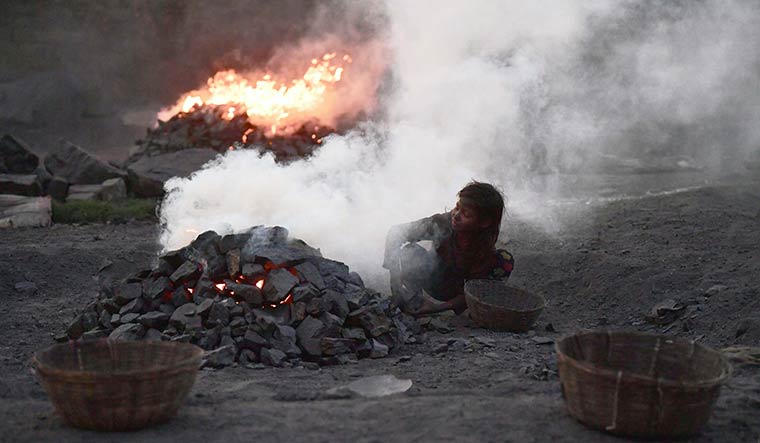The countdown to Glasgow has begun. This Scottish city will be hosting the biggest climate change mela in the last six years, called the Conference of Parties 26.
Held under the Untied Nations Framework Convention on Climate Change, the members meet every year to negotiate and take forward decisions made. Every five years, the meet is a big one, where new announcements are made. The last one was in Paris in 2015, COP 26 should have been held last year, but was delayed because of the COVID-19 pandemic.
Even before the meeting, the strains are already visible, with nations not in agreement with each other on how to save the earth from tipping over. There is consensus that temperatures have to be kept within 2 degrees Celsius of the prevailing global temperature in the pre-industralised world, and that global temperature has already risen by 1.16 degree. Scientists predict that a rise beyond 2 degrees Celsius will take the earth to a point from which it will be impossible for humans to reverse the change.
The disagreement is on how to keep temperatures down. The developed world has come up with two new phrases—net zero and methane pledge. The first means that if carbon dioxide captured from the air equals or is more than the greenhouse gases emitted, then the net emissions will be zero. The methane pledge comes from the realisation that cattle emit methane, and that these emissions have to come down.
Net zero is not an option for India—a developing country which has only just got completely electrified. The energy need is big and rising. In developed nations, the energy requirement has already reached saturation levels. Is it fair to then ask India to reduce its emissions? Emissions come due to the burning of coal, which is the main energy provider. The west have moved on to renewables. India has made grand plans of generating 450 GW of energy through reneweables, but this will take time. Nuclear energy, too, takes decades to set up and yield adequate power. So, coal is the only option.
How will India resist the pressures from the west will be worth watching. Given that the west is wooing India in a big way (largely to counter China's growth), how much of their understanding of India's development needs will translate into climate financing and technology transfer? Because, when it comes to parting with funds, the west has a dodgy record. Commitments are made grandly, but the funds rarely reach the table. Instead, they tweak figures, showing existing aid and even private investments as climate finance.
Much before the negotiations start, however, Glasgow will be a jamboree of world leaders—Boris Johnson, Narendra Modi, Joe Biden, Justin Trudeau, Emmanuel Macron. The world is likely to witness some sizzling chemistry, some obvious cold shouldering, too, perhaps, and a lot of big talk. Only towards the end of the two-week summit will we really learn whether anything successful emerges from the Glasgow gang.





